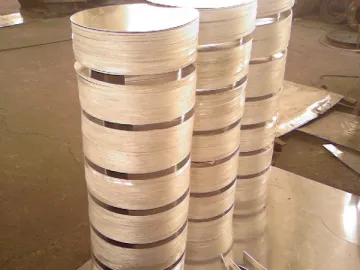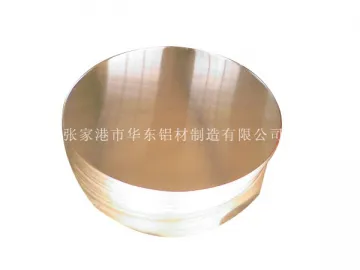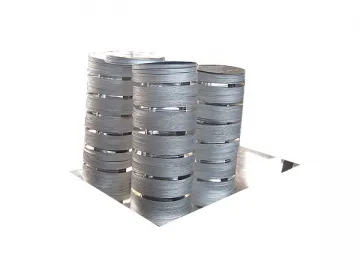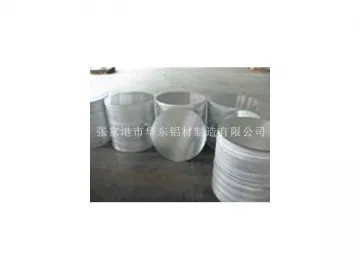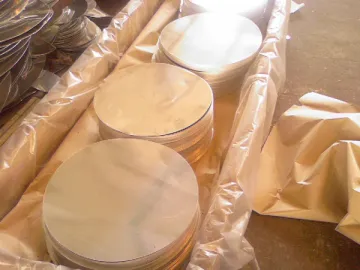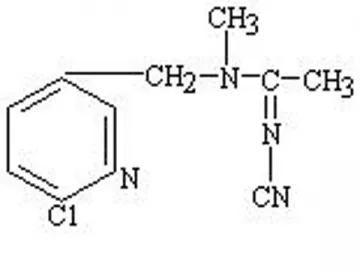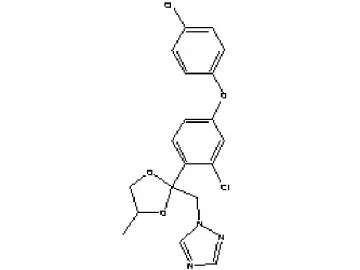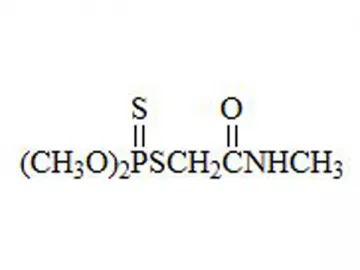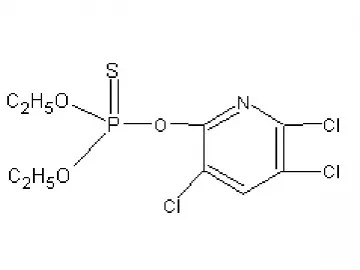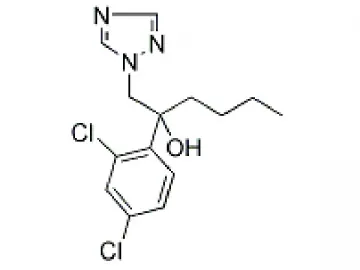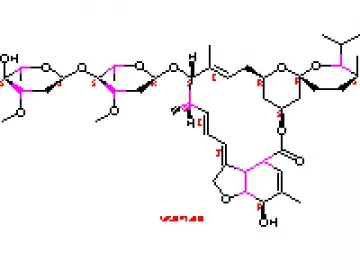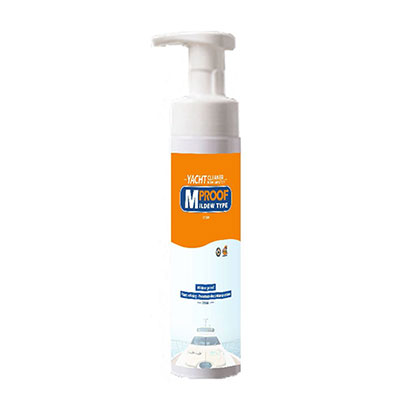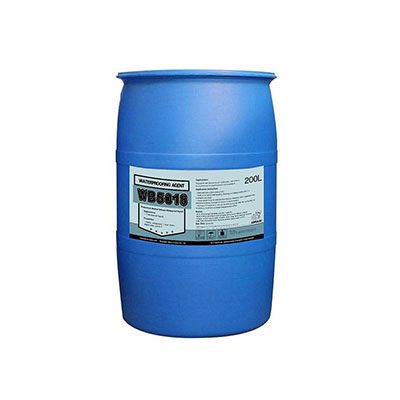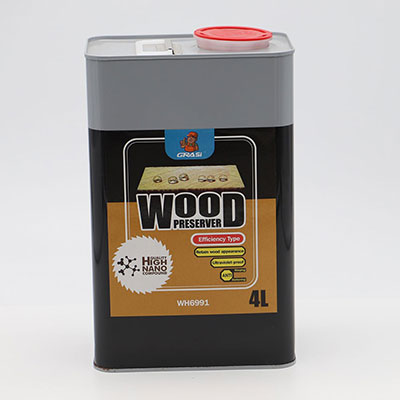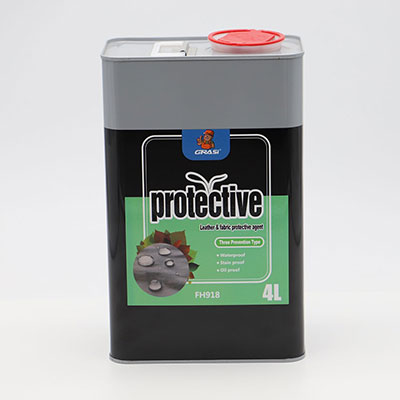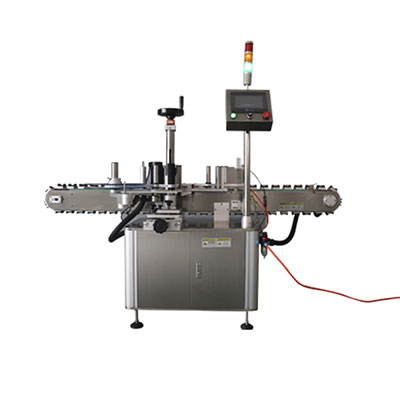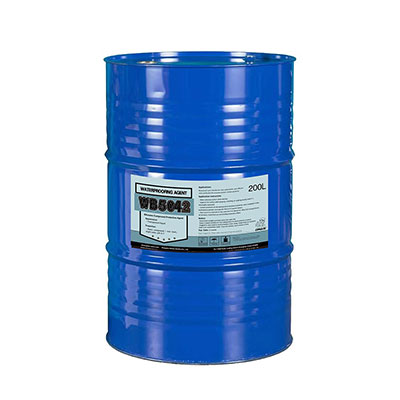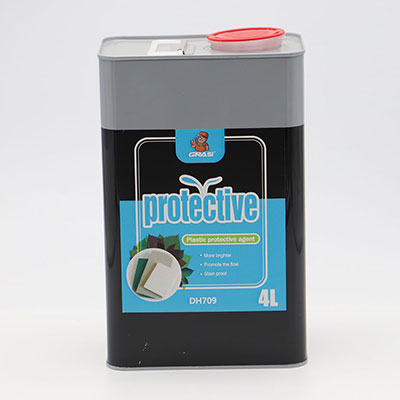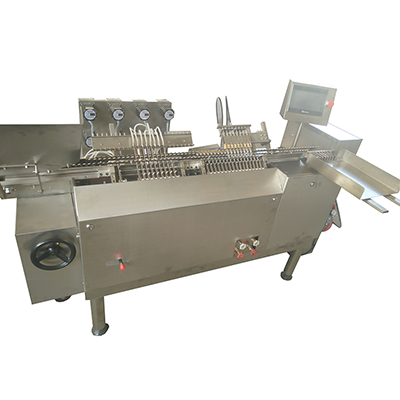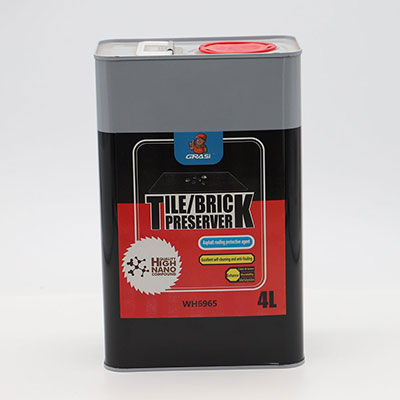Butachlor
IUPAC name: N-butoxymethyl-2-chloro-2', 6'-diethylacetanilide
Chemical abstracts name: N-(butoxymethyl)-2-chloro-N-(2, 6-diethylphenyl)acetamide
CAS RN: [23184-66-9]
Applications
Biochemistry: It inhibits cell division by blocking protein synthesis; more recent research suggests chloroacetamides may inhibit synthesis of very long chain fatty acids (J. Schmalfuss et al., Abstr. Meeting WSSA, Toronto, 40, 117-118, 2000; P. Böger, Abstr. III Int. Weed Control Congr., Brazil 2000).
Mode of action: It is a selective systemic herbicide, absorbed primarily by the germinating shoots, and secondarily by the roots, with translocation throughout the plant, giving higher concentrations in vegetative parts than in reproductive parts.
Uses: Butachlor is used pre-emergence for the control of annual grasses and certain broad-leaved weeds in rice, both seeded and transplanted. It shows selectivity in barley, cotton, peanuts, sugar beet, wheat and several brassica crops. Effective rates of butachlor range from 1.0-4.5 kg/ha. Activity is dependent on water availability such as rainfall following treatment, overhead irrigation or applications to standing water as in rice culture.
Phytotoxicity: Non-phytotoxic to rice, cotton, barley, wheat, peanuts, sugar beet, and some brassicas.
Formulation types: EC; GR.
We are a professional butachlor manufacturer based in China. Our company is dedicated to providing our customers with high quality agricultural chemicals, including oxadiazon, glyphosate, difenoconazole, mancozeb, acephate, thiamethoxam, and more.
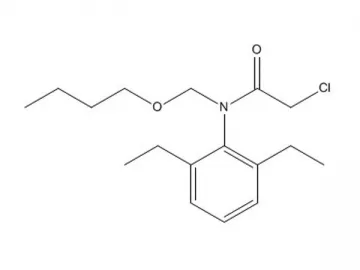
Links:https://www.globefindpro.com/products/101150.html
